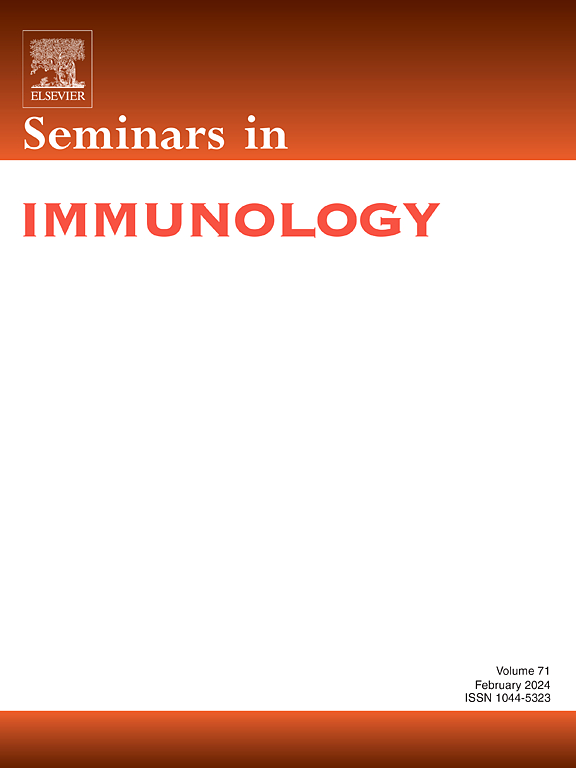Future indications and clinical management for fecal microbiota transplantation (FMT) in immuno-oncology
Abstract
The gut microbiota has rapidly emerged as one of the “hallmarks of cancers” and a key contributor to cancer immunotherapy. Metagenomics profiling has established the link between microbiota compositions and immune checkpoint inhibitors response and toxicity, while murine experiments demonstrating the synergistic benefits of microbiota modification with immune checkpoint inhibitors (ICIs) pave a clear path for translation. Fecal microbiota transplantation (FMT) is one of the most effective treatments for patients with Clostridioides difficile, but its utility in other disease contexts has been limited. Nonetheless, promising data from the first trials combining FMT with ICIs have provided strong clinical rationale to pursue this strategy as a novel therapeutic avenue. In addition to the safety considerations surrounding new and emerging pathogens potentially transmissible by FMT, several other challenges must be overcome in order to validate the use of FMT as a therapeutic option in oncology. In this review, we will explore how the lessons learned from FMT in other specialties will help shape the design and development of FMT in the immuno-oncology arena.

 求助内容:
求助内容: 应助结果提醒方式:
应助结果提醒方式:


